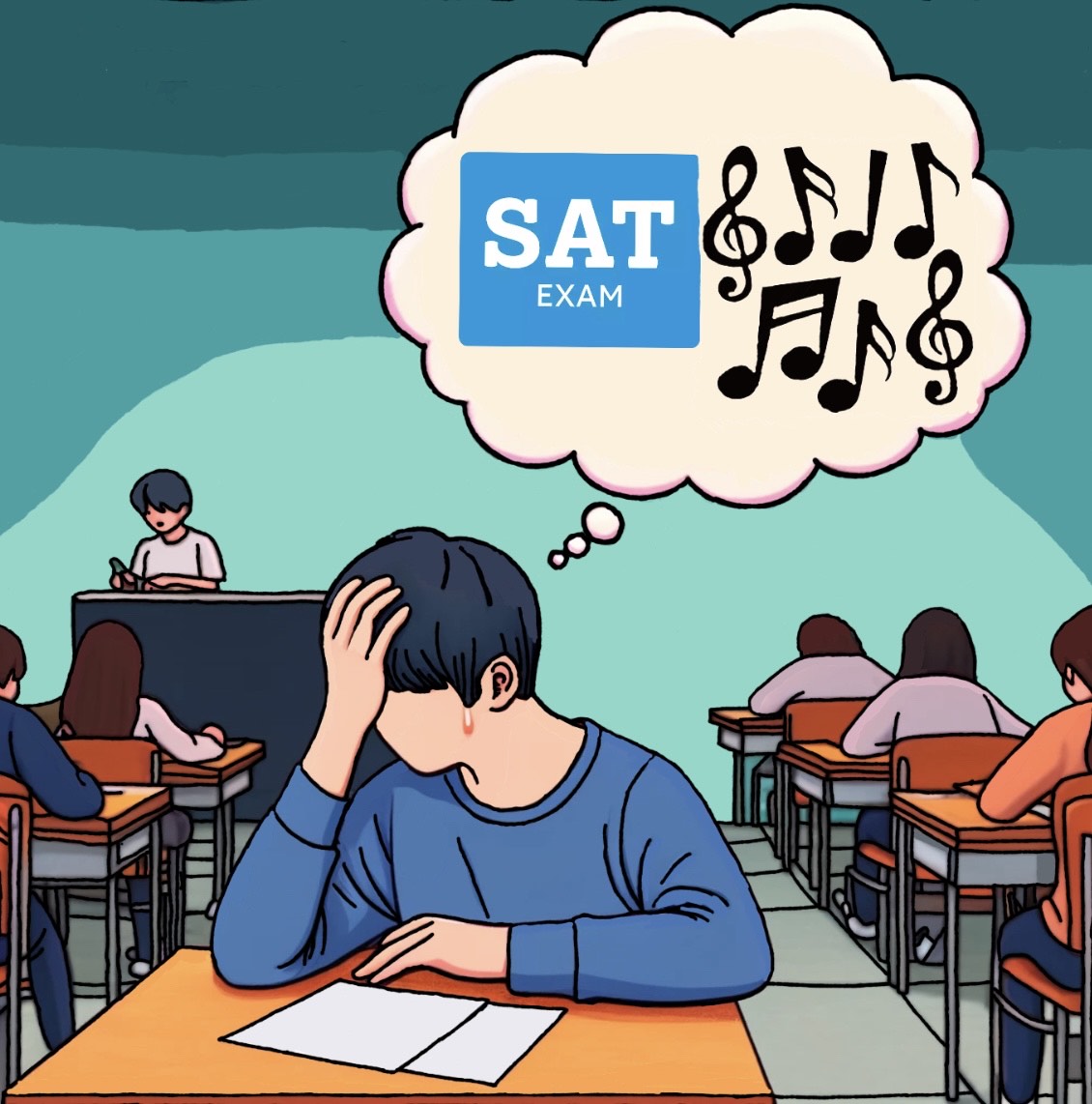
Every November, South Korea holds its breath for the grueling Suneung (College Scholastic Ability Test), a career-defining rite of passage for teens. Among the intense heat of preparation, young Koreans avoid even their favorite music out of fear—the so-called “Suneung forbidden songs.”
During the rise of K-pop, hit tracks gained the title of “Suneung forbidden songs,” or “earworm songs” from their overpowering catchiness. “While taking those tests, the songs kept coming into my mind … so I was a little worried for when I was taking the real Suneung, but thankfully it didn’t bother me majorly,” said Yujin Shin, a student at Youngshin High School.
These songs share a key commonality: repetitive melodies that often jump into one’s mind at any time of the day. For example, “APT” by Rosé and Bruno Mars made it on the list of suneung-forbidden songs for its addictive chorus that repeats “apateu.”
“I listened to a lot of these songs during test preparations even when I was taking the test my mind kept going ‘apt, apt, apt, apt,’ so it was a little disturbing … but because I liked these songs, I didn’t quit listening,” said Pyungil Kim, a Youngshin High School student.
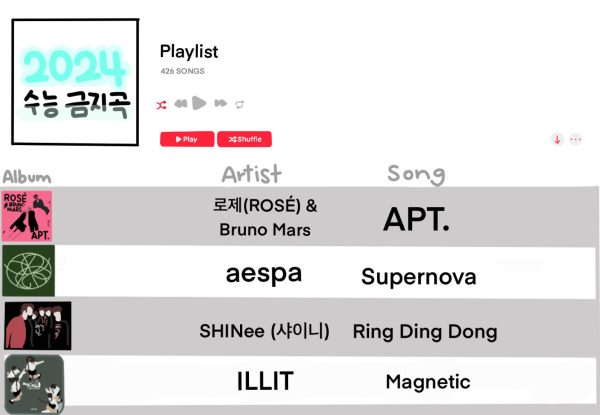
Other famous tracks, such as “Ring Ding Dong” by Shinee, “청바지” by Seventeen, and “Bar Bar Bar” by Crayon Pop share the same addictive characteristics. The rhythmic chanting and the upbeat melody led listeners to catch on.
This unusual obsession with catchy tracks likely stems from the social obsession over academic success in Korea. “I would describe Suneung as a very, very important exam for college admissions and future life. In Korea, it’s the absolute focus of almost everyone in school,” said Yeonho Lee, a senior at Youngshin High School.
Under this extreme pressure, even factors as small as chart-toppers may come across as a burdensome distraction. “Even though I really like the songs, I wouldn’t listen to them as I’m worried…it could, you know, screw my mentality and end up ruining my test scores,” said Huang.
However, no actual correlation exists between “Suneung forbidden songs” and exam results. They are not actually “forbidden” either; many high school students enjoy the songs, even during the fiercest weeks before finals. Instead, K-pop listeners use the term to describe absolute banger albums—some even uploaded playlists of such songs, which gained over 1.9 million views.
Although the “Suneung forbidden songs” have nothing to do with the test itself, Koreans continue to use the term as a form of humor. The genre reflects a new, trendy culture among Gen-Z K-pop stans as they struggle to navigate extreme academic pressure.


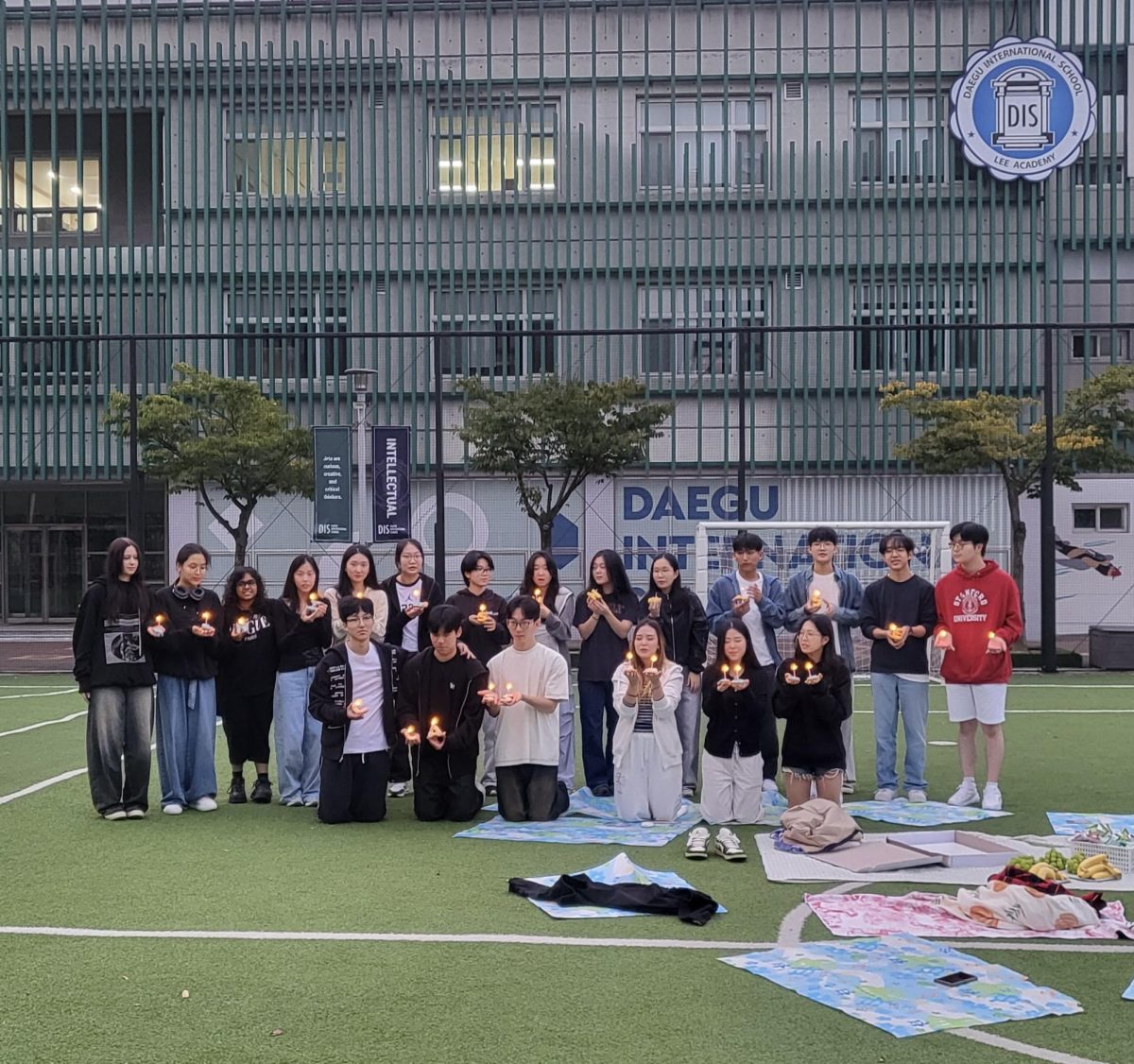




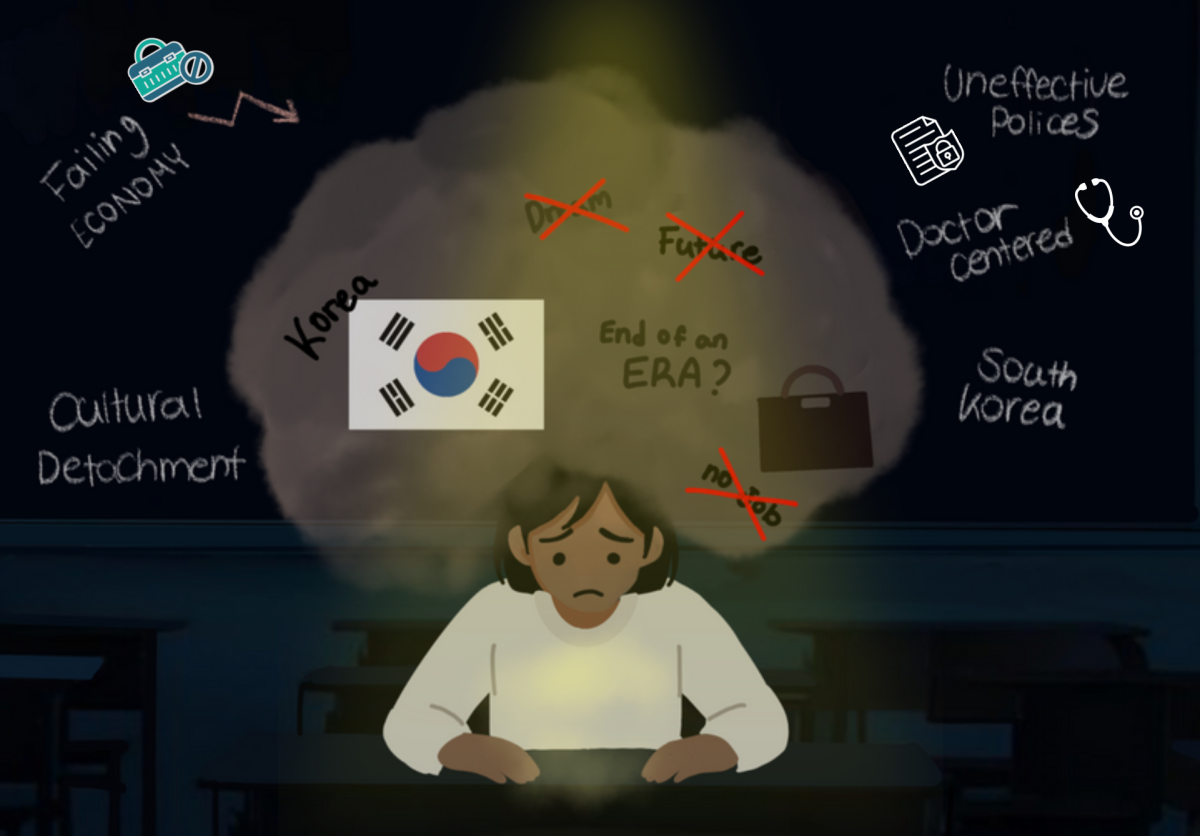





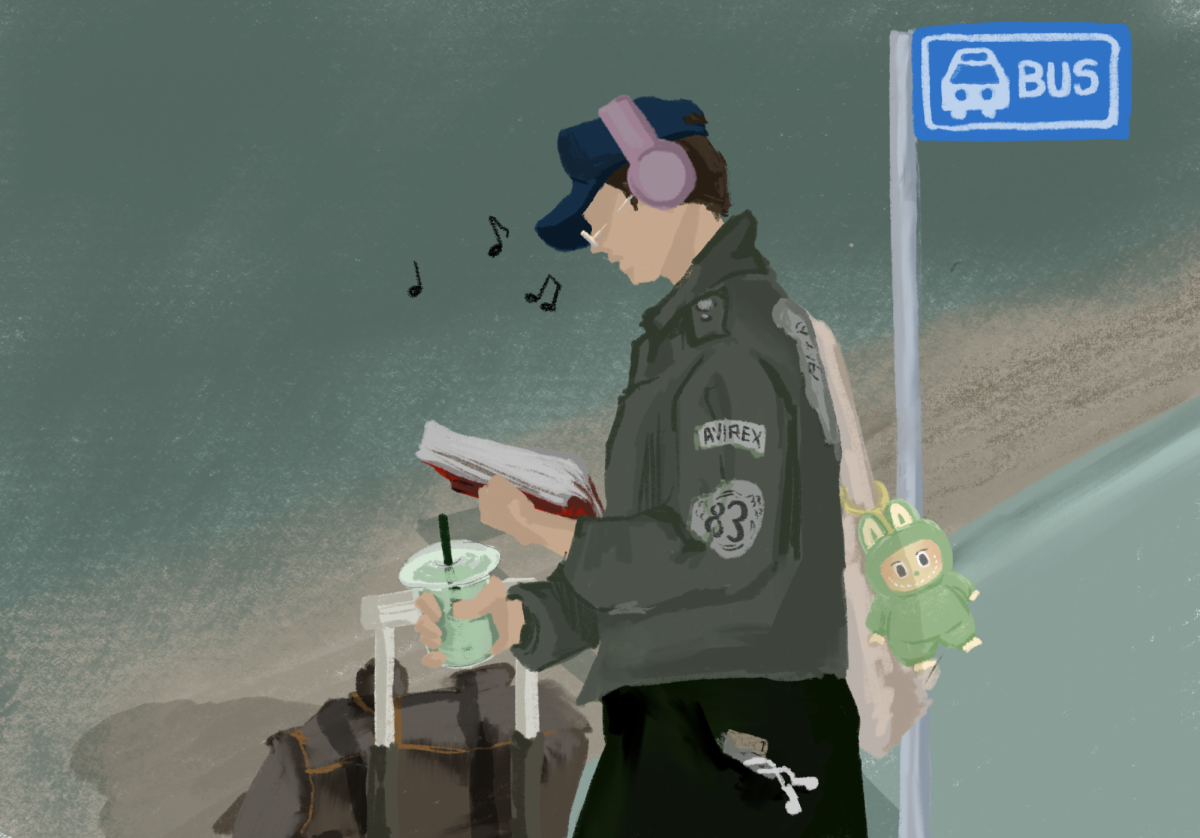
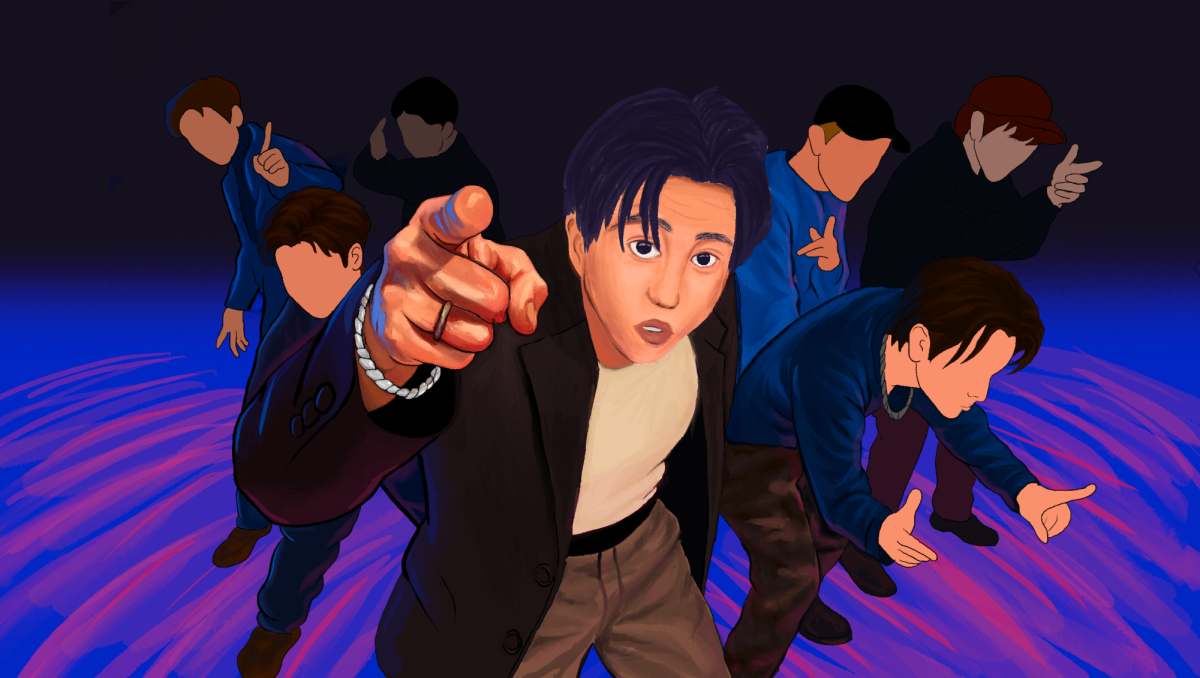
















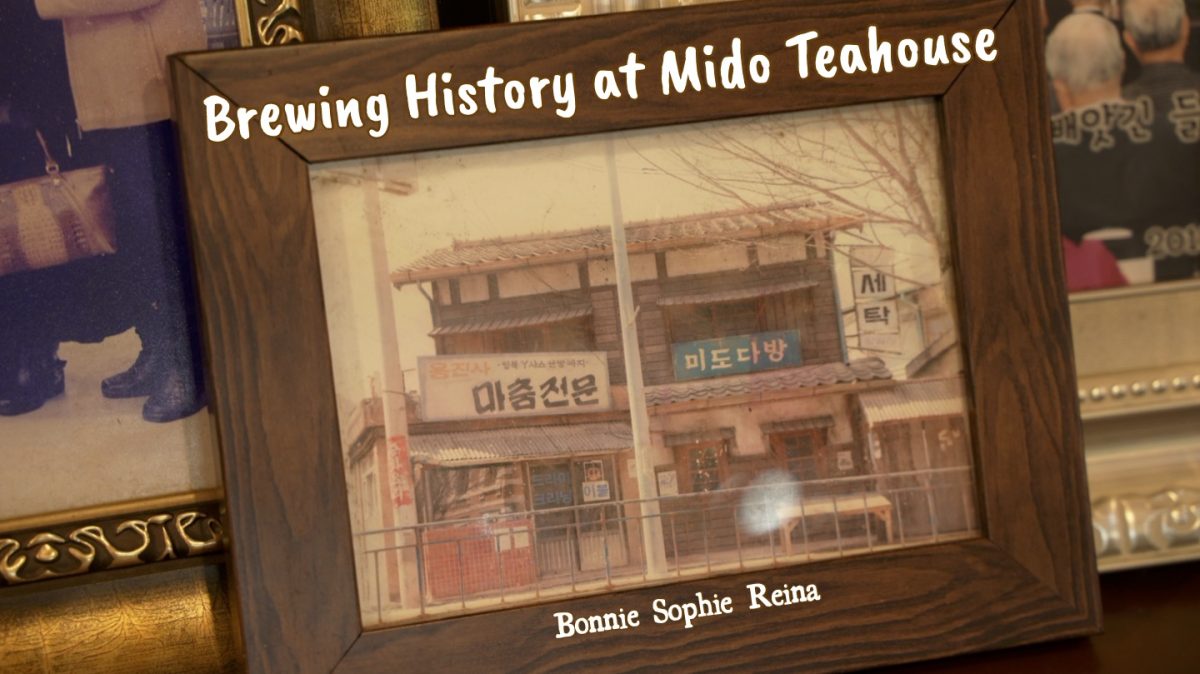
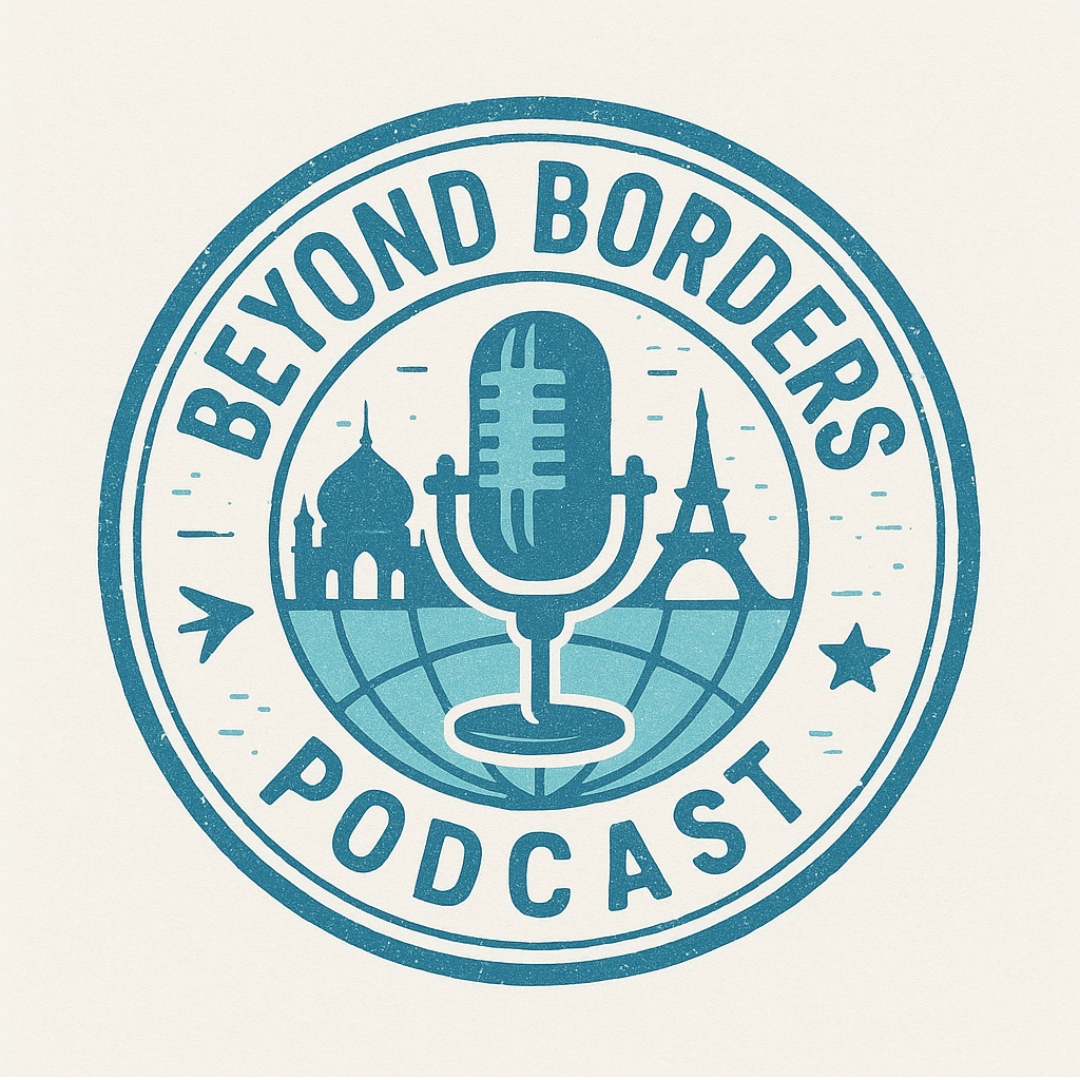

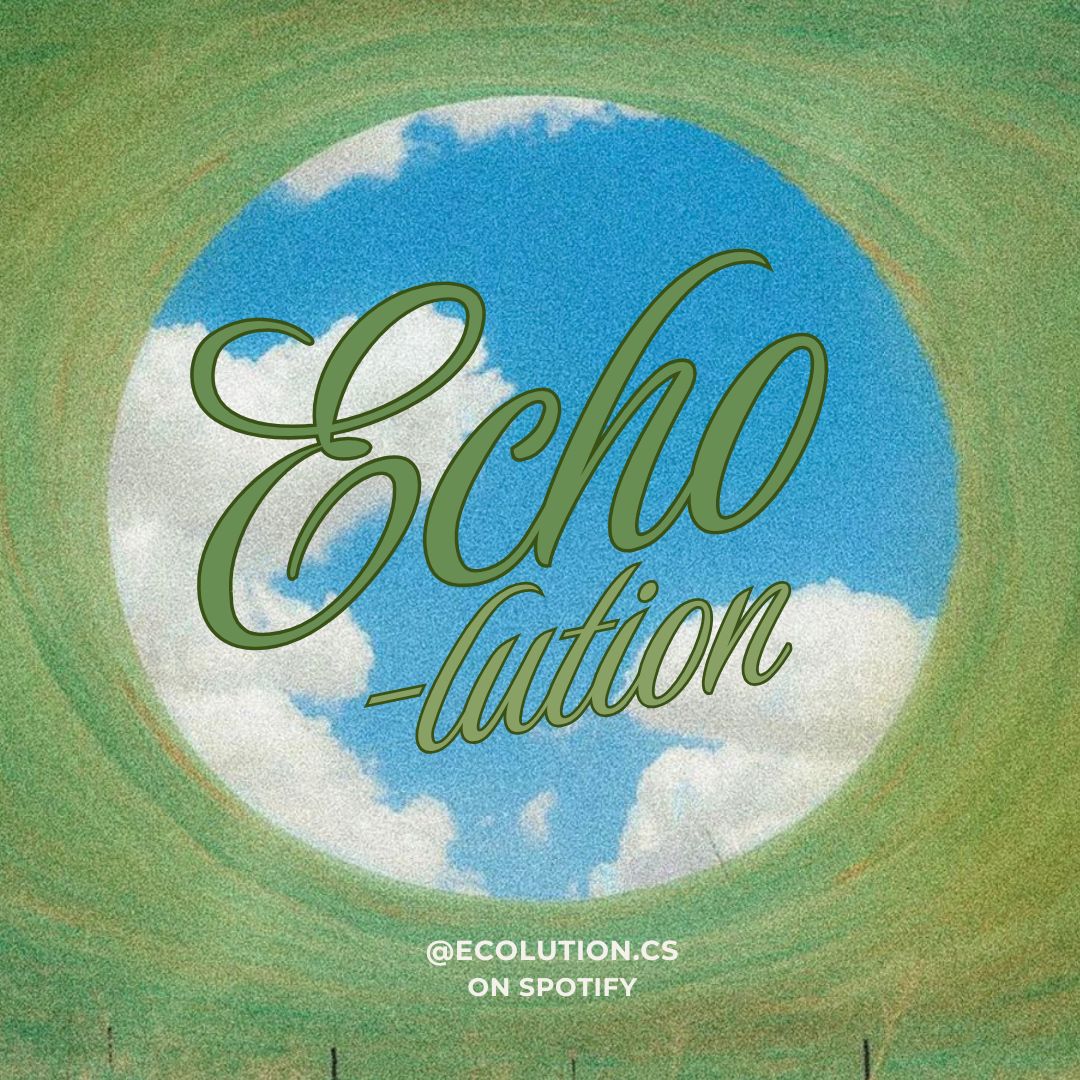














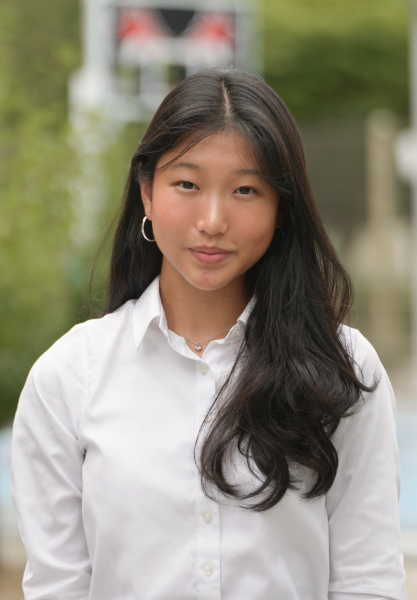





Sola • May 12, 2025 at 8:40 pm
For some reason, my forbidden song is my old school song. Help, i can’t get it out of my head.